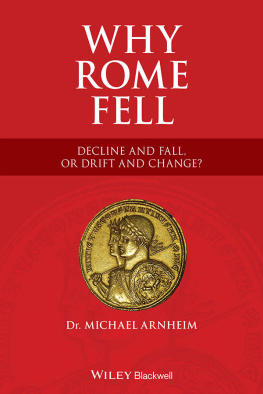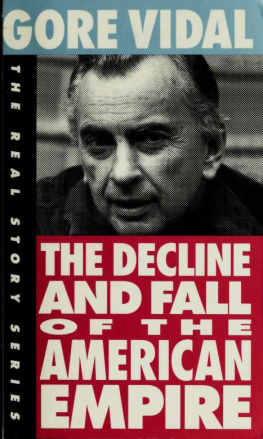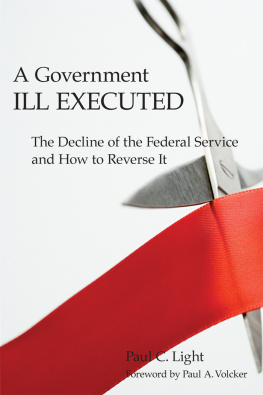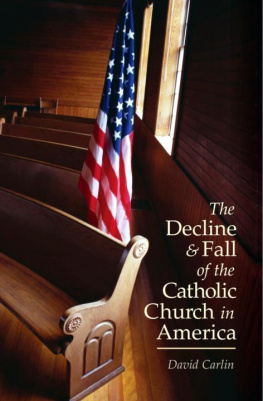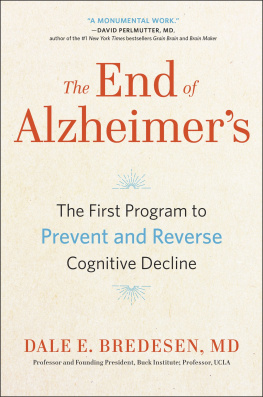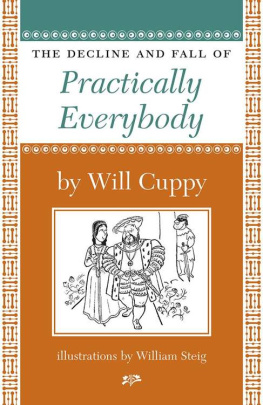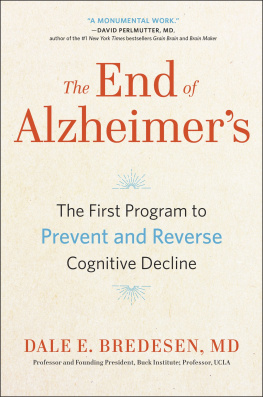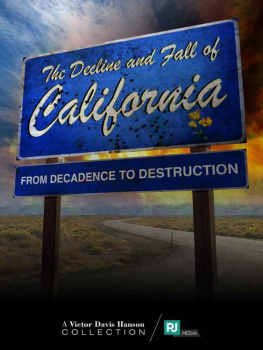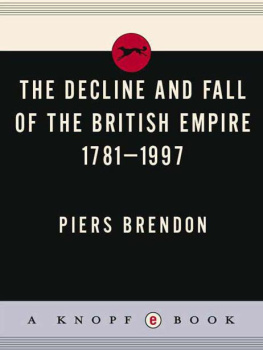Collins - How the Mighty Fall
Here you can read online Collins - How the Mighty Fall full text of the book (entire story) in english for free. Download pdf and epub, get meaning, cover and reviews about this ebook. year: 2009, publisher: HarperCollins, genre: Romance novel. Description of the work, (preface) as well as reviews are available. Best literature library LitArk.com created for fans of good reading and offers a wide selection of genres:
Romance novel
Science fiction
Adventure
Detective
Science
History
Home and family
Prose
Art
Politics
Computer
Non-fiction
Religion
Business
Children
Humor
Choose a favorite category and find really read worthwhile books. Enjoy immersion in the world of imagination, feel the emotions of the characters or learn something new for yourself, make an fascinating discovery.

- Book:How the Mighty Fall
- Author:
- Publisher:HarperCollins
- Genre:
- Year:2009
- Rating:5 / 5
- Favourites:Add to favourites
- Your mark:
- 100
- 1
- 2
- 3
- 4
- 5
How the Mighty Fall: summary, description and annotation
We offer to read an annotation, description, summary or preface (depends on what the author of the book "How the Mighty Fall" wrote himself). If you haven't found the necessary information about the book — write in the comments, we will try to find it.
Collins: author's other books
Who wrote How the Mighty Fall? Find out the surname, the name of the author of the book and a list of all author's works by series.
How the Mighty Fall — read online for free the complete book (whole text) full work
Below is the text of the book, divided by pages. System saving the place of the last page read, allows you to conveniently read the book "How the Mighty Fall" online for free, without having to search again every time where you left off. Put a bookmark, and you can go to the page where you finished reading at any time.
Font size:
Interval:
Bookmark:
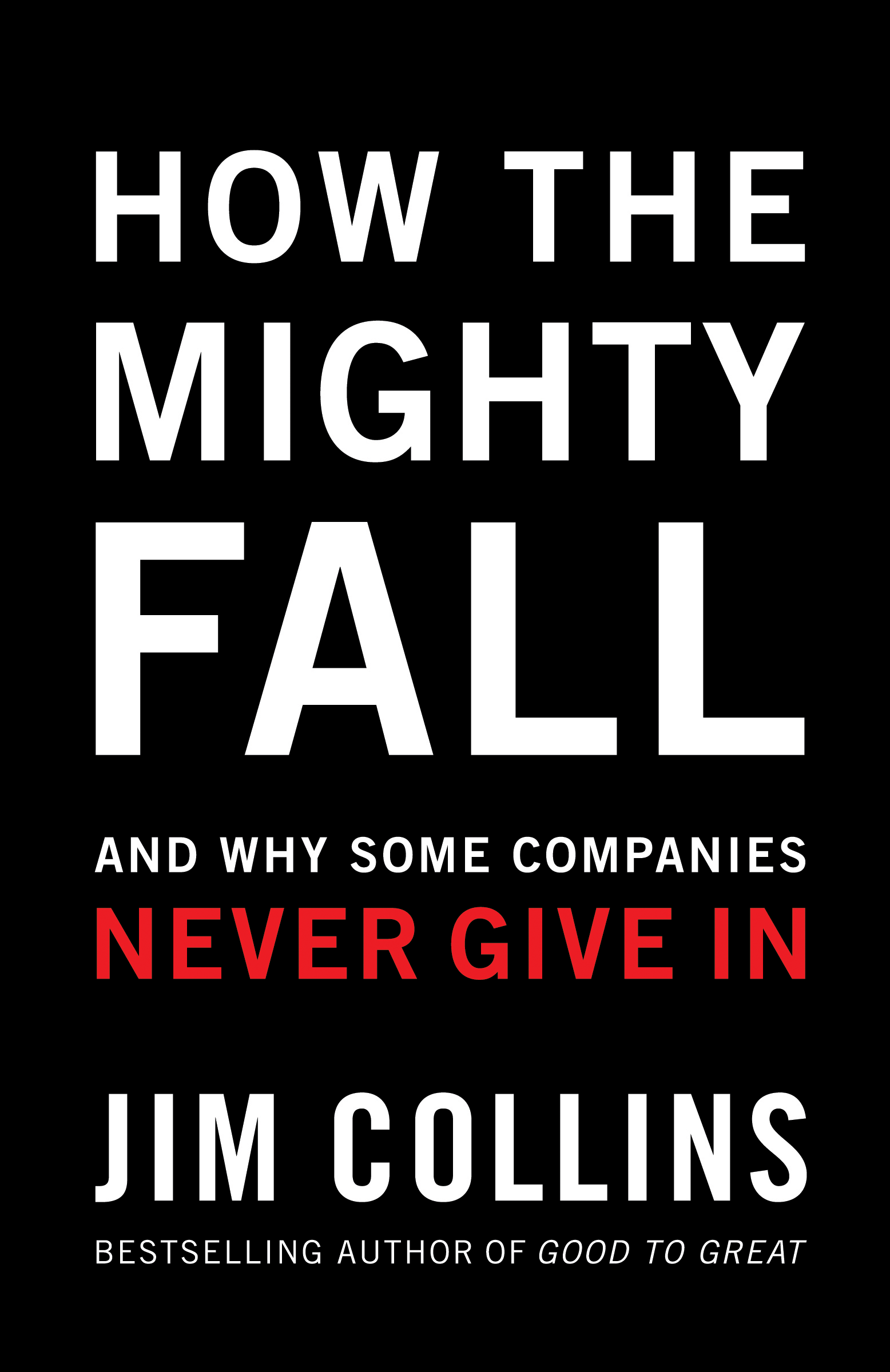
To the late Bill Lazier,
who lives inside the thousands he touched
during his all-too-brief visit to our world
Contents
I feel a bit like a snake that swallowed two watermelons at the same time. Id started this project to write only an article, a diversion to engage my pen while completing the research for my next full-sized book on what it takes to endure and prevail when the world around you spins out of control (based on a six-year research project with my colleague Morten Hansen). But the question of how the mighty fall defied the constrictions of an article and evolved into this small book. Id considered setting this piece aside until wed finished the turbulence book, but then the mighty began to fall, like giant dominoes crashing around us.
As I write this preface, on September 25, 2008, Im looking out at the Manhattan skyline from a United Airlines Airbus, marveling at the cataclysmic events. Bear Stearns fell from #156 on the Fortune 500 to gone, bought out by JPMorgan Chase in a desperation deal engineered over a weekend. Lehman Brothers collapsed into bankruptcy after 158 years of growth and success. Fannie Mae and Freddie Mac, crippled, succumbed to government conservatorship. Merrill Lynch, the symbol of bullish America, capitulated to a takeover bid. Washington Mutual tottered on the edge of becoming the largest commercial bank failure in history. The U.S. government embarked on the most extensive takeover of private assets in more than seven decades in a frenetic effort to stave off another Great Depression.
To be clear, this piece is not about the 2008 financial panic on Wall Street, nor does it have anything to say about how to fix the broken mechanisms of the capital markets. The origins of this work date back to more than three years earlier, when I became curious about why some of the greatest companies in history, including some once-great enterprises wed researched for Built to Last and Good to Great, had fallen. The aim of this piece is to offer a research-grounded perspective of how decline can happen, even to those that appear invincible, so that leaders might have a better chance of avoiding their tragic fate.
This work is also not about gloating over the demise of once-mighty enterprises that fell, but about seeing what we can learn and apply to our own situation. By understanding the five stages of decline discussed in these pages, leaders can substantially reduce the chances of falling all the way to the bottom, tumbling from iconic to irrelevant. Decline can be avoided. The seeds of decline can be detected early. And as long as you dont fall all the way to the fifth stage, decline can be reversed. The mighty can fall, but they can often rise again.
Jim Collins
Boulder, Colorado
I n the autumn of 2004, I received a phone call from Frances Hesselbein, founding president of the Leader to Leader Institute. The Conference Board and the Leader to Leader Institute would like you to come to West Point to lead a discussion with some great students, she said.
And who will be the students? I asked, envisioning perhaps a group of cadets.
Twelve U.S. Army generals, twelve CEOs, and twelve social sector leaders, explained Frances. Theyll be sitting in groups of six, two from each sectormilitary, business, socialand theyll really want to dialogue about the topic.
And whats the topic?
Oh, its a good one. I think youll really like it. She paused. America.
America? I wondered, What could I possibly teach this esteemed group about America? Then I remembered what one of my mentors, Bill Lazier, told me about effective teaching: dont try to come up with the right answers; focus on coming up with good questions.
I pondered and puzzled and finally settled upon, Is America renewing its greatness, or is America dangerously on the cusp of falling from great to good?
While I intended the question to be simply rhetorical (I believe that America carries a responsibility to continuously renew itself, and it has met that responsibility throughout its history), the West Point gathering nonetheless erupted into an intense debate. Half argued that America stood as strong as ever, while the other half contended that America teetered on the edge of decline. History shows, repeatedly, that the mighty can fall. The Egyptian Old Kingdom, the Minoans of Crete, the Chou Dynasty, the Hittite Empire, the Mayan Civilizationall fell. Athens fell. Rome fell. Even Britain, which stood a century before as a global superpower, saw its position erode. Is that Americas fate? Or will America always find a way to meet Lincolns challenge to be the last best hope of Earth?
At a break, the chief executive of one of Americas most successful companies pulled me aside. I find our discussion fascinating, but Ive been thinking about your question in the context of my company all morning, he mused. Weve had tremendous success in recent years, and I worry about that. And so, what I want to know is, How would you know ?
What do you mean? I asked.
When you are at the top of the world, the most powerful nation on Earth, the most successful company in your industry, the best player in your game, your very power and success might cover up the fact that youre already on the path to decline. So, how would you know?
The question How would you know? captured my imagination and became part of the inspiration for this piece. At our research laboratory in Boulder, Colorado, wed already been discussing the possibility of a project on corporate decline, spurred in part by the fact that some of the great companies wed profiled in the books Good to Great and Built to Last had subsequently lost their positions of excellence. On one level, this fact didnt cause much angst; just because a company falls doesnt invalidate what we can learn by studying that company when it was at its historical best. (See the sidebar for an explanation.) But on another level, I found myself becoming increasingly curious: How do the mighty fall? If some of the greatest companies in history can collapse from iconic to irrelevant, what might we learn by studying their demise, and how can others avoid their fate?
I returned from West Point inspired to turn idle curiosity into an active quest. Might it be possible to detect decline early and reverse course, or even better, might we be able to practice preventive medicine? I began to think of decline as analogous to a disease, perhaps like cancer, that can grow on the inside while you still look strong and healthy on the outside. Its not a perfect analogy; as well see later, organizational decline, unlike cancer, is largely self-inflicted. Still, the disease analogy might be helpful. Allow me to share a personal story to illustrate.
On a cloudless August day in 2002, my wife, Joanne, and I set out to run the long uphill haul to Electric Pass, outside Aspen, Colorado, which starts at an altitude of about 9,800 feet and ends above 13,000 feet. At about 11,000 feet, I capitulated to the thin air and slowed to a walk, while Joanne continued her uphill assault. As I emerged from tree line, where thin air limits vegetation to scruffy shrubs and hardy mountain flowers, I spotted her far ahead in a bright-red sweatshirt, running from switchback to switchback toward the summit ridge. Two months later, she received a diagnosis that would lead to two mastectomies. I realized, in retrospect, that at the very moment she looked like the picture of health pounding her way up Electric Pass, she must have already been carrying the carcinoma. That image of Joanne, looking healthy yet already sick, stuck in my mind and gave me a metaphor.
Ive come to see institutional decline like a staged disease: harder to detect but easier to cure in the early stages, easier to detect but harder to cure in the later stages. An institution can look strong on the outside but already be sick on the inside, dangerously on the cusp of a precipitous fall.
Next pageFont size:
Interval:
Bookmark:
Similar books «How the Mighty Fall»
Look at similar books to How the Mighty Fall. We have selected literature similar in name and meaning in the hope of providing readers with more options to find new, interesting, not yet read works.
Discussion, reviews of the book How the Mighty Fall and just readers' own opinions. Leave your comments, write what you think about the work, its meaning or the main characters. Specify what exactly you liked and what you didn't like, and why you think so.






